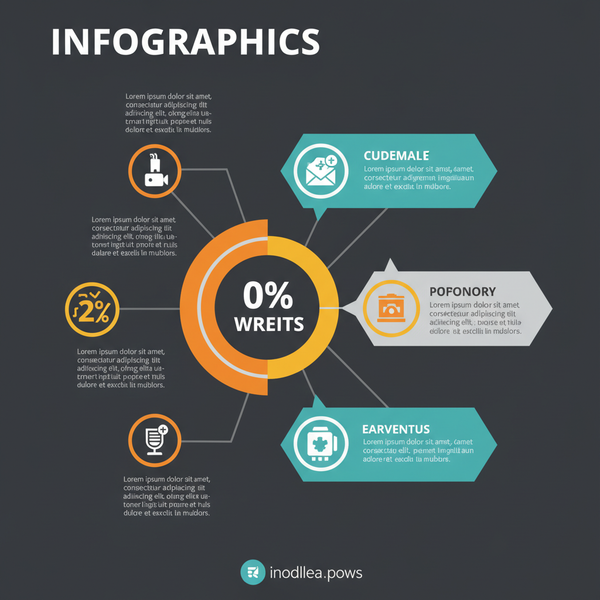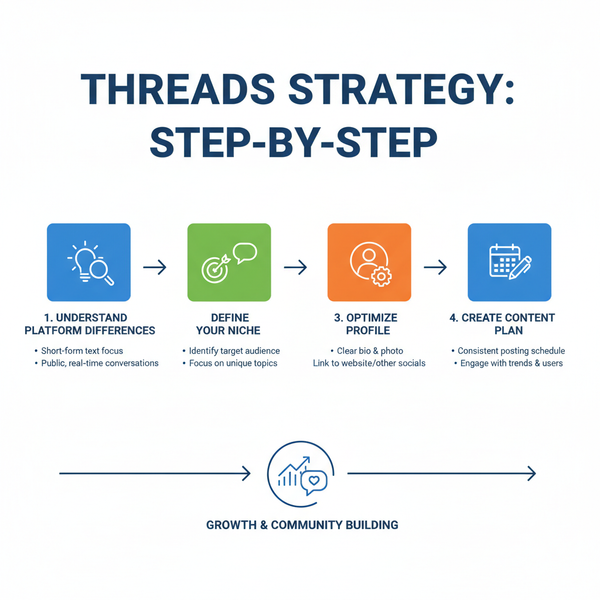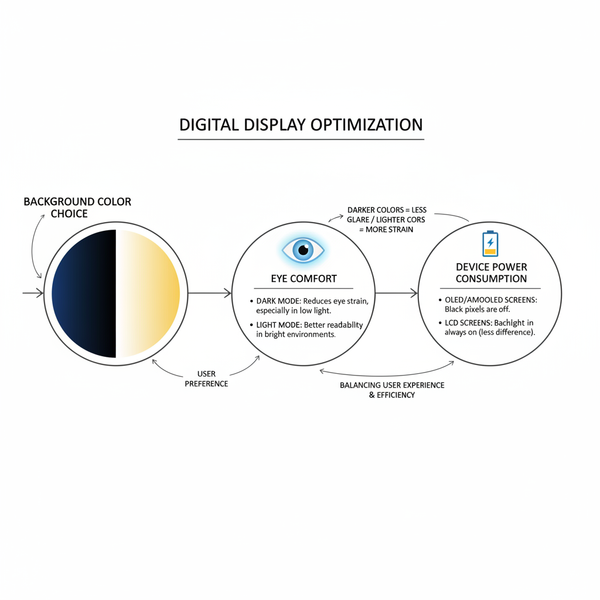Social Media Tech Strategies for Business Growth
Learn how to leverage social media tech, AI analytics, and automation tools to grow your business through targeted, data-driven marketing strategies.
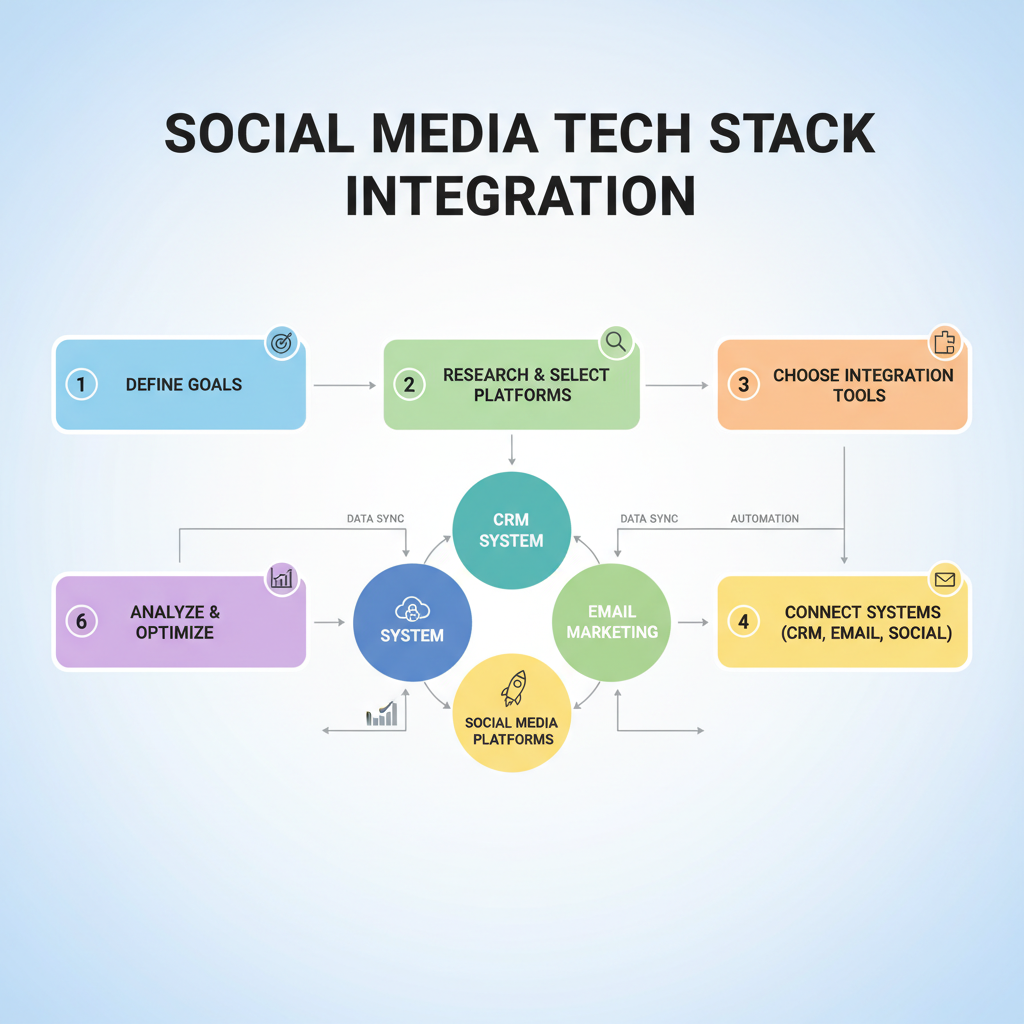
Understanding Social Media Tech and Its Role in Digital Marketing
In today’s competitive online environment, social media tech is a cornerstone of effective digital marketing strategies. It encompasses the platforms, tools, and underlying technologies that empower marketers to plan, execute, monitor, and refine social media campaigns for maximum impact. By leveraging algorithmic targeting, AI-powered analytics, and automation, businesses can achieve measurable growth and increase customer engagement across all major channels.
At its core, social media tech helps businesses:
- Reach targeted audiences with precision.
- Automate repetitive marketing tasks and workflows.
- Analyze performance instantly with real-time data.
- Create interactive, personalized content that builds brand loyalty.

With strategic use, social media tech can transform casual followers into loyal customers, delivering consistent ROI backed by comprehensive analytics.
---
Major Social Media Platforms and Their Technology Features
Leading social media platforms offer distinctive technology-driven capabilities designed to support marketing goals. Understanding these core features is crucial for selecting the right platforms.
| Platform | Key Technology Features |
|---|---|
| Facebook / Meta | AI-powered News Feed algorithms, advanced audience targeting, Facebook Pixel tracking |
| Visual-first algorithms, Reels AI recommendations, Story engagement analytics | |
| Twitter / X | Trending topic detection, hashtag analytics, sentiment tracking |
| Professional targeting algorithms, LinkedIn Insights, content engagement analytics | |
| TikTok | Content recommendation engine, AI-driven video editing tools, trending sound analytics |
How These Features Impact Businesses
- Algorithms: Dictate which content gains visibility in user feeds.
- AI Personalization: Delivers tailored content to specific audience segments.
- Analytics Dashboards: Track reach, impressions, engagement rates, and conversions to guide campaign adjustments.
---
Selecting the Right Social Media Tech Stack
Choosing the right social media tech stack is critical to achieving campaign objectives and optimizing investment.
Key considerations:
- Business Goals: Determine if your aim is brand awareness, lead generation, or direct sales.
- Audience Demographics: Align platform usage with your target market.
- Integration Needs: Confirm compatibility with CRM, email, and analytics tools.
- Budget: Balance premium features with expected returns.
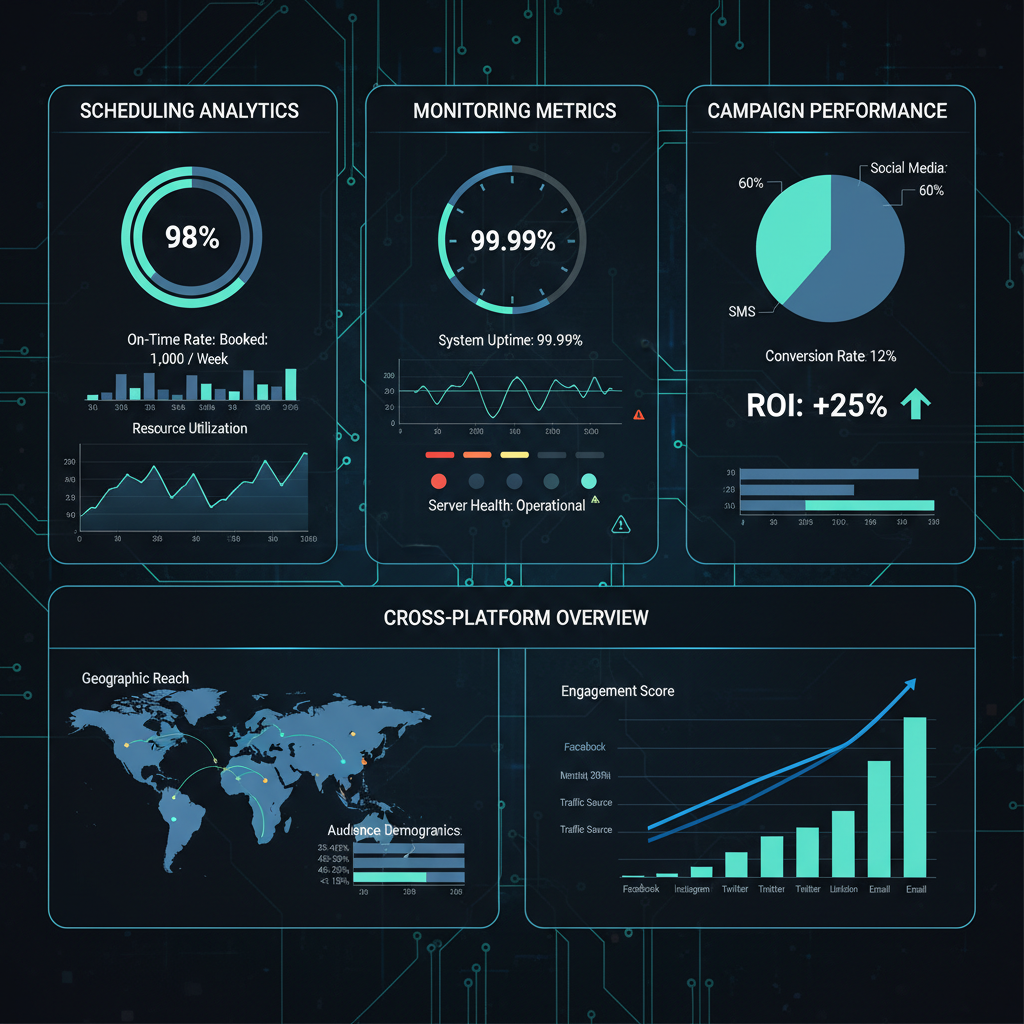
An effective stack may include:
- Publishing tools: Buffer, Hootsuite
- Social listening: Brandwatch
- Analytics: Google Analytics with UTM tracking
- Creative tools: Canva, Adobe Express
- Automation: Zapier, HubSpot
---
Tools for Scheduling, Monitoring, and Analyzing Campaigns
Streamlined multi-platform management is made possible with specialized tools:
- Scheduling: Buffer, Later, Sprout Social
- Monitoring: Mention, Brand24, Talkwalker
- Analytics: Native analytics dashboards, Socialbakers, Rival IQ
Example workflow:
- Create and queue platform-specific content.
- Monitor real-time engagement and respond promptly.
- Analyze performance weekly for trends.
- Apply insights to optimize upcoming posts.
Pro Tip
Implement UTM parameters on all campaign URLs to ensure clean attribution data in Google Analytics.
---
Emerging Technologies in Social Media
The landscape of social media tech is rapidly evolving with cutting-edge innovations:
- AR Filters: Custom branded effects on Instagram and Snapchat enhance interactive marketing.
- Live Streaming: Real-time engagement on Facebook Live, LinkedIn Live, and TikTok Live.
- AI Content Creation: Tools like ChatGPT and Jasper generate tailored copy for various formats.

These advancements drive deeper engagement and can be leveraged for immersive experiences—such as AR product try-ons or interactive Q&A sessions—to boost conversion rates.
---
Integrating Social Media Tech with CRM and Email Marketing
Linking social media insights with CRM systems like Salesforce or HubSpot delivers a unified view of customer interactions, enabling:
- Comprehensive customer profiles.
- Personalized campaigns based on social engagement.
- Automated follow-ups triggered by online actions.
Integration examples:
- Connecting Facebook Lead Ads directly into CRM workflows.
- Leveraging LinkedIn analytics to refine email segments.
---
Optimizing Content Using Platform-Specific Insights
Platform analytics should guide ongoing content optimization:
- Hashtags: Align with algorithm-friendly terms to enhance reach.
- Trending Topics: Capitalize on relevant discussions for visibility.
- Engagement Patterns: Schedule posts during peak activity.
Optimization Checklist
- Examine weekly analytics per channel.
- Experiment with diverse formats (videos, polls, carousels).
- Adjust posting cadence based on audience behavior.
---
Best Practices for Data Privacy and Compliance
Compliance with social media privacy regulations such as GDPR and CCPA is essential:
- Consent: Secure permission for targeted content usage.
- Transparency: Outline clear privacy and data usage policies.
- Security: Enable two-factor authentication to protect accounts.
- Audits: Regularly evaluate practices for regulatory alignment.
---
Case Studies of Successful Businesses Leveraging Social Media Tech
Case Study 1: E-commerce Brand Boosts Sales with AI
A fashion retailer used TikTok’s AI-driven recommendations to launch microtrend-focused videos, yielding a 300% rise in click-throughs.
Case Study 2: B2B Lead Generation via LinkedIn Integration
A SaaS provider integrated LinkedIn analytics with their CRM to identify high-value prospects and send personalized outreach, increasing lead conversion by 45%.
---
Future Trends and Predictions (2025–2030)
Expect these developments to reshape strategies:
- Advanced AI Predictive Tools for more precise data-driven marketing.
- VR/AR Immersive Engagement becoming standard in campaigns.
- Voice-Activated Social Commerce facilitating hands-free purchasing.
- Blockchain-Based Privacy Solutions to reinforce account security.
Final Insight: Organizations embracing next-generation social media tech early will gain a competitive edge in engagement, personalization, and profitability.
---
Summary and Call to Action
Social media tech is more than a marketing add-on—it’s a dynamic ecosystem that connects brands with audiences in increasingly sophisticated ways. From AI-backed insights to immersive AR experiences, these tools are redefining digital marketing. By choosing the right tech stack, optimizing content, integrating with CRM, and adhering to privacy regulations, your business can seize new growth opportunities.
Ready to implement a high-impact social media tech strategy? Begin by auditing your current tools, experimenting with emerging technologies, and integrating data for actionable insights—the future of digital marketing is already here.

